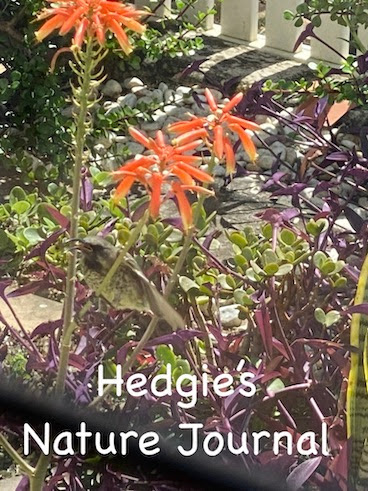I've got no Shasta daisies in my garden this year, but I've always had a patch somewhere. What happened? (Note to self: get some more Shasta’s). As a child I always admired the Shasta Daisies in my father’s garden. What I remember most was the dazzling brightness of the white blooms that always offset the bright colours of the dahlias, larkspur, gazanias, arctotis and zinnias that grew so prolifically under the African sun.
The simple white flowers with yellow button centres are a symbol of purity and are perfect for cutting. Easy to grow, they are a favourite for beginner flower gardeners and are effective when planted in small groups.
Crab Spiders seem to favour Shasta's as their favourite while ambush-hunting their prey in flowers. These tiny spiders take on the colour of the flower they're sitting on and it's wonderful to come across a pure white or bright yellow little specimen on your flowers.
A white crab spider catching a butterfly on some Shasta daisies
Yellow crab spider
Until recently, Shasta Daisies were considered members of the Chrysanthemum family. But the daisies’ lack of fragrance and hairless stems caused them to be recently reclassified to Leucanthemum, the Sunflower family.
These Daisies like rich, fast draining soil, ample water and lots of sunshine. However, they are hardy and will tolerate poor soil conditions and partial shade. Work some old animal manure or compost into the soil to help promote abundant blooms. Picking often and cutting off dead flowers will extend their bloom period.
So do yourself a favour and get some of these easy-growing, sun-loving daisies for your garden and you'll always have an abundance of butterflies and ready-to-pick flowers for the vase.
::
Shasta Daisies at my pond a couple of seasons ago. Every summer I SO looked forward to when my Shasta's would appear again. With their splashes of white they brighten up any corner of the garden and the more you pick them (they look lovely in a simple glass vase!), the more prolific they get.
::
Shasta Daisies at my pond a couple of seasons ago. Every summer I SO looked forward to when my Shasta's would appear again. With their splashes of white they brighten up any corner of the garden and the more you pick them (they look lovely in a simple glass vase!), the more prolific they get.
::
"If you want to live and thrive, let the spider run alive."
.
.






























